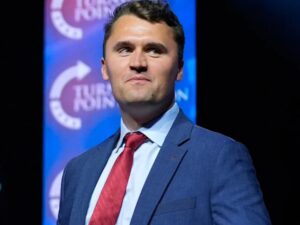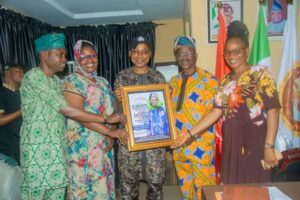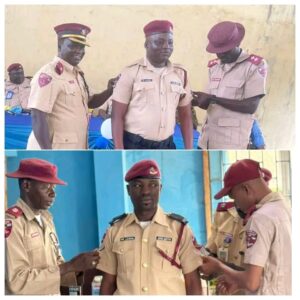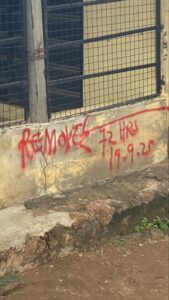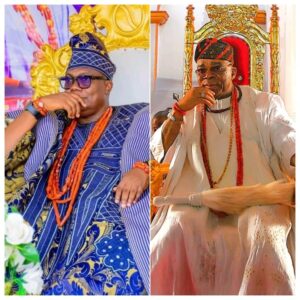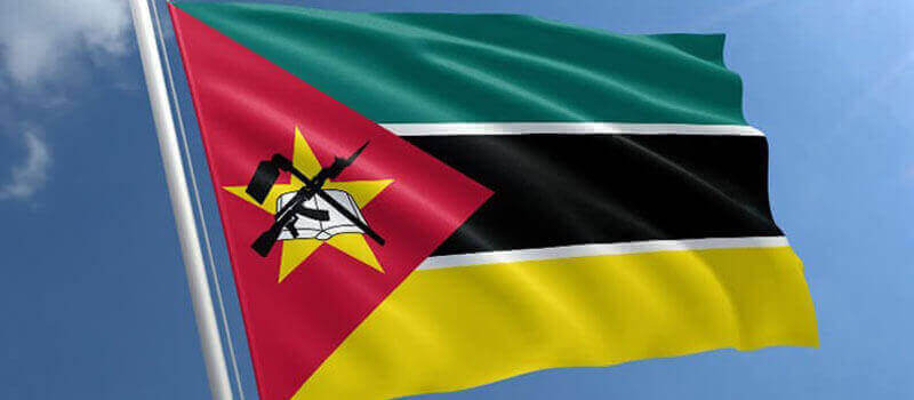
Mozambique’s president-elect, Daniel Chapo, is set to be inaugurated on Wednesday, following a contentious election that has left the nation in political disarray.
The disputed election has triggered months of unrest, including violent protests that have resulted in loss of life and widespread destruction.
Chapo, 48, was declared the winner with 65% of the vote in a poll widely criticized as fraudulent by opposition leaders, international observers, and much of the public.
His main rival, Venâncio Mondlane, has returned from self-imposed exile to lead renewed protests against what he calls a “stolen election.” Mondlane has urged citizens to demonstrate during the inauguration ceremony.
Both Renamo and the MDM, Mozambique’s major opposition parties, have announced they will boycott the event, refusing to recognize Chapo as the legitimate president.
While some citizens remain hopeful about Chapo’s potential, skepticism over the election’s legitimacy persists.
Civil society activist Mirna Chitsungo, who has worked closely with Chapo, shared her conflicted views:
“Chapo is someone I deeply respect, but his presidency stems from a flawed electoral process. This undermines his legitimacy,” Chitsungo said.
Chapo faces a daunting task: uniting a polarized nation, addressing public grievances, and fulfilling his campaign promises of economic recovery and anti-corruption reforms.
Mozambique is plagued by entrenched cartels controlling key sectors like medicine, sugar, and even kidnappings. Investigative journalist Luis Nhanchote emphasized the importance of dismantling these groups.
“Chapo will face powerful enemies. He must restore peace and confidence among Mozambicans,” Nhanchote noted.
Chapo, the first president born after Mozambique’s independence, has pledged national reconciliation, electoral reforms, and decentralization. His leadership represents a generational shift from the country’s independence-era leaders.
One of Chapo’s initial challenges will be managing relations with Mondlane, who has become the voice of those disillusioned with the electoral process. Despite tensions, Chitsungo sees potential for dialogue.
“Chapo is a man of dialogue and consensus. I believe he could meet some of Mondlane’s demands,” she said.
Chapo is also under pressure to address allegations of human rights violations during the post-election protests. Analysts have suggested that he replace controversial Police Chief Bernardino Rafael and appoint a reform-minded attorney general.
Nhanchote believes that Chapo’s ability to leave a lasting legacy will depend on whether he can challenge the entrenched interests of past leaders.
“He belongs to a new generation. To truly make his mark, Chapo must confront the legacy of those who came before him,” Nhanchote said.
As Chapo prepares to take office, the path ahead is fraught with challenges. His ability to lead and unite Mozambique will determine whether his presidency ushers in stability or continues the turmoil that has marked his rise to power.



